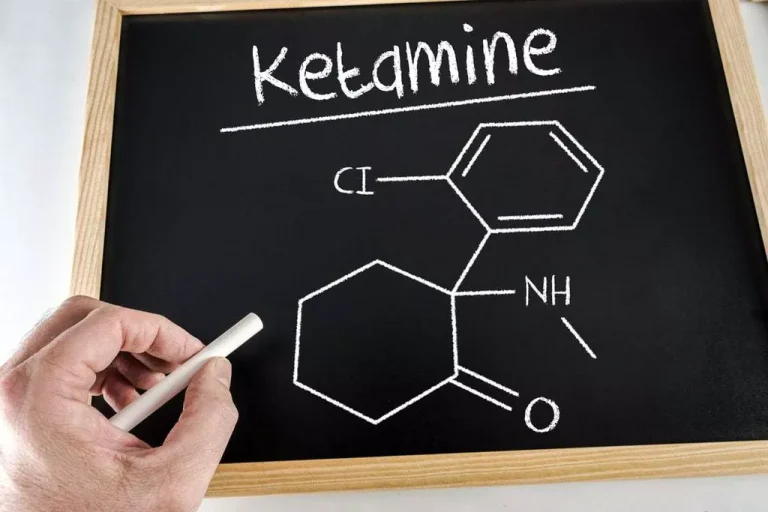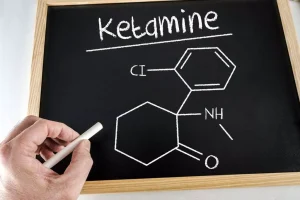26 Aug Stages of Drunkenness There Are Seven Stages of Alcohol Intoxication

It mainly affects crucial brain areas like breathing, heart rate, blood pressure, and temperature regulation. As your blood alcohol levels increase, the depressant effect becomes more prominent and potentially deadly. It is paramount to be aware alcohol intoxication of the danger of alcohol poisoning and take steps to drink responsibly to avoid such risks.
- Signs and symptoms include confusion, a loss of consciousness, slow breathing, low body temperature, and vomiting.
- According to the results obtained by this research, it was found out that Alcohol Poisoning only exacerbates the outcome of an ischemic stroke.
- In just 2 minutes, you can speak with an admissions specialist, verify your insurance, and explore treatment options that work for you.
Alcohol Poisoning Timeline: Understanding the Risks and Symptoms
- Hypoglycaemia occurs due to ethanol’s inhibition of gluconeogenesis, especially in children, and may cause lactic acidosis, ketoacidosis, and acute kidney injury.
- Alcohol poisoning can be fatal, and prompt action is crucial.
- Obtain medical attention immediately if you or someone else shows signs of being poisoned by alcohol.
- It’s essential to remember that alcohol poisoning is a medical emergency!
- When you consume more than five to six drinks, you are most likely to enter the stage of confusion.
Generally, though, people move through certain stages of intoxication as they consume alcohol. It’s important to understand the stages of alcohol intoxication and be able to recognize the signs that you may need help for alcohol abuse or addiction. Realizing you have a problem with alcohol may be the first step toward getting the treatment and support you need to recover. A glass of wine, cocktail, or beer can give people feelings of calm and relaxation. But drinking too much alcohol can lead to intoxication, and advanced stages of intoxication can lead to serious harm to your health–and even death. Alcohol poisoning will go away but can create lasting effects that do not.
What are the possible complications of alcohol poisoning?
Around 30 people per day die from drunk-driving accidents in the United States. We can avoid alcohol poisoning by drinking in moderation and drinking a fair amount of water between drinks. Having alcohol on an empty stomach is also not recommended.
- Partial hospitalization programs (PHPs) provide similar services to inpatient programs.
- Be aware of the alcohol content of what you’re drinking and adjust how much you drink based on this knowledge.
- Alcohol poisoning can lead to permanent brain damage, coma, or death.
- Other risks include hypothermia, heart arrhythmia, and seizures.
- Stay informed about the risks of binge drinking and how it can lead to alcohol poisoning.
Start a New Life

Recognizing the signs of this condition is critical, as timely intervention can save lives 1. Prioritizing moderation and being aware of personal limits can foster safer drinking practices and contribute to better overall health. Individuals with alcohol use disorder may experience severe withdrawal symptoms, such as seizures or hallucinations, due to heightened sensitivity of brain receptors. Being aware of these factors can assist in making informed choices regarding alcohol consumption. Moderate intoxication occurs at a BAC level between 0.06% to 0.15%. At this level, individuals may face impairments in driving abilities, speech, attention, balance, coordination, and memory.

When combined with other evidence-based therapies, such as cognitive-behavioral therapy (CBT), MAT can help prevent relapse and increase Sober living home your chance of recovery. These programs organize your treatment session based on your schedule. The goal of outpatient treatment is to provide therapy, education, and support in a flexible environment.


There is also an increased risk of aggression, harm to oneself or others, and a heightened perception of alcohol’s positive effects, such as relaxation. These symptoms often occur in stages, depending on how intoxicated a person is. The table below shows common symptoms at each level of alcohol intoxication. What people may experience at different BAC levels can vary but here are some key points to know https://ecosoberhouse.com/ about the different stages of intoxication.



Sorry, the comment form is closed at this time.